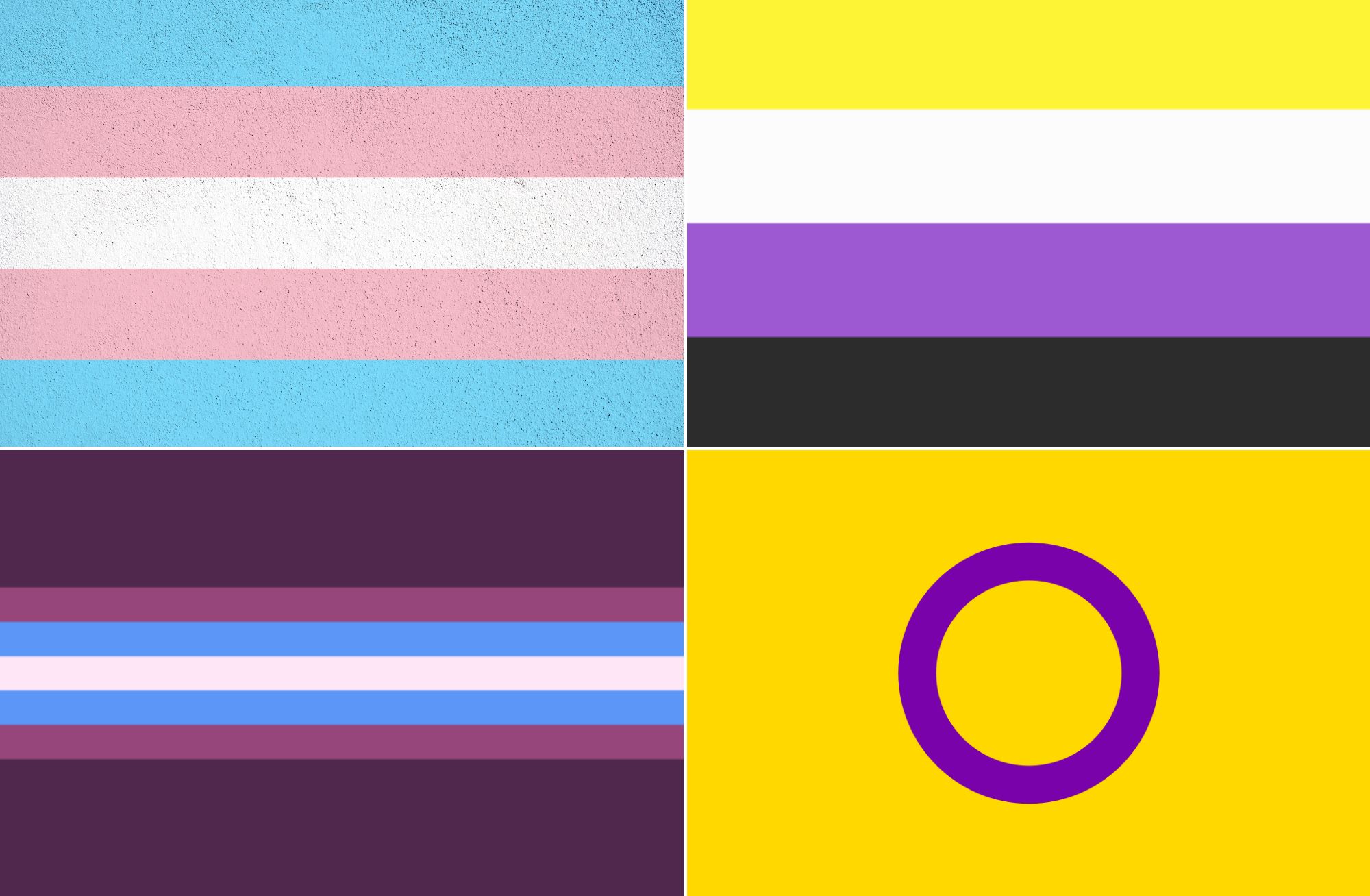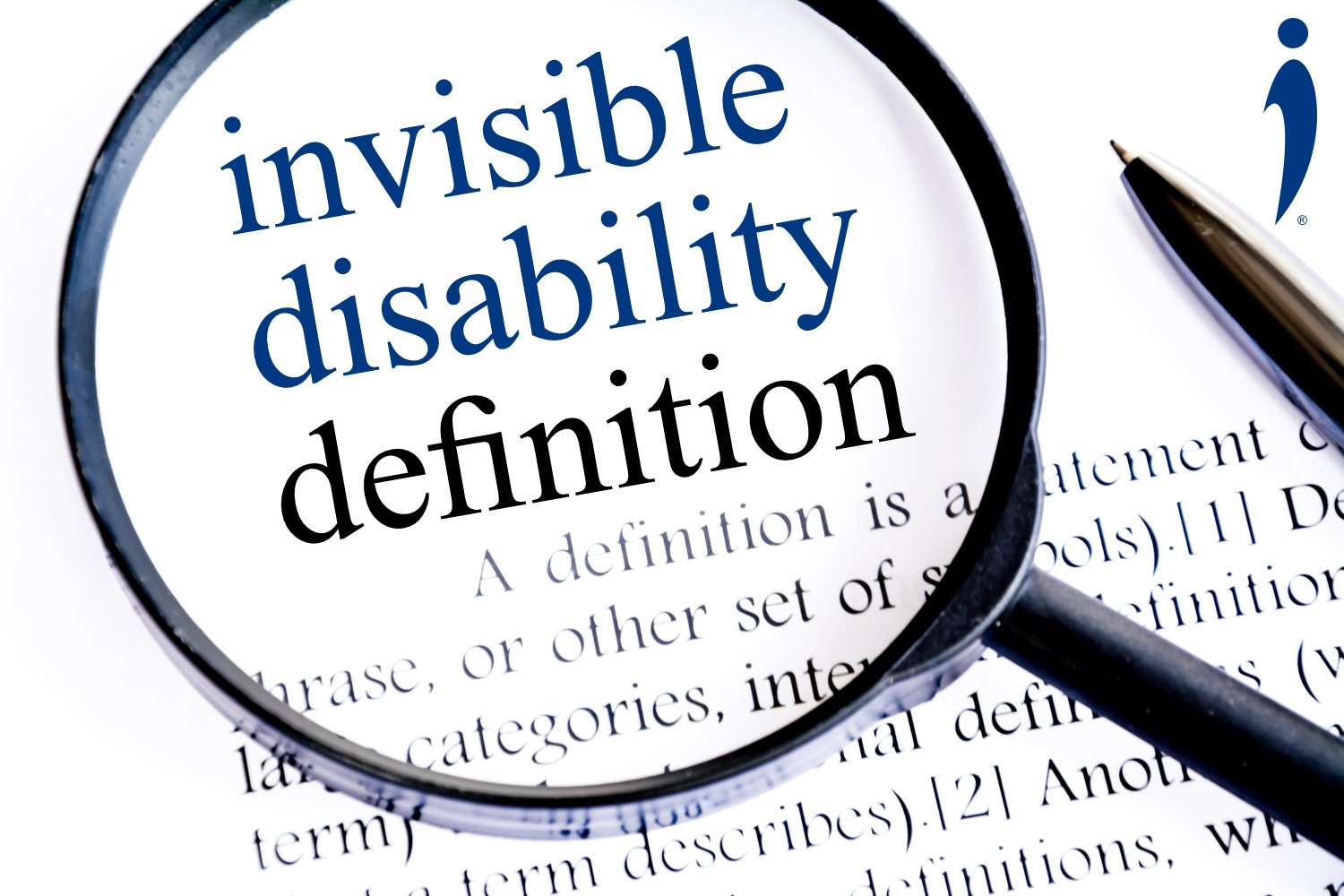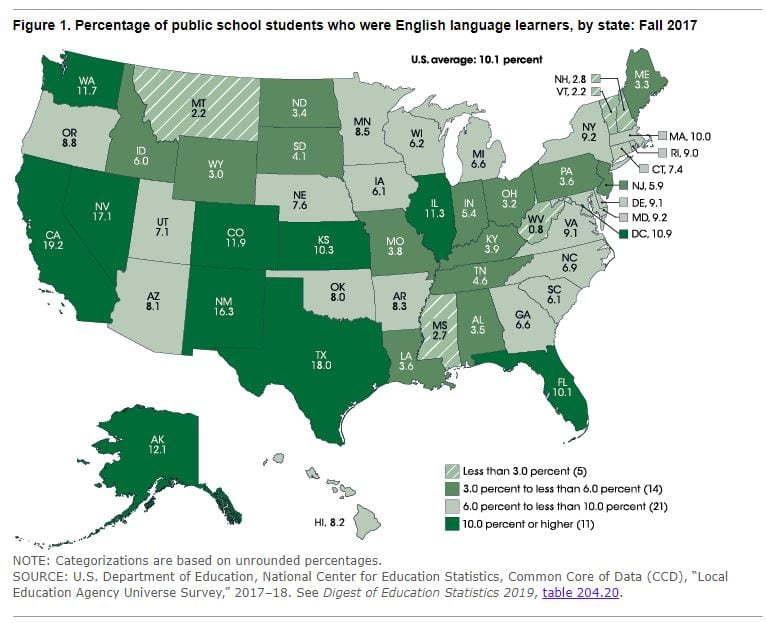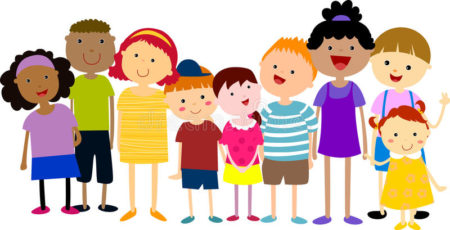A. Hey all, I'll be doing an "argument" analysis from woke read aloud video...the reading wasn't working for me.
B. To start, boy was that video interesting. I was surprised to see the channel titled woke kindergarten. All things considered, "woke" does not have the best societal connotation...even though it is nothing bad, but to say the least, I'm not surprised the comments were turned off. Smart of the creator.
Personally, I liked the overall message, teaching kids about pronouns, making mistakes, and respecting others. It goes about it in a diverse and informative way. Honestly, I wish kids learned about the concept of pronouns much sooner in life.
Having an understanding from a younger age that just because someone looks like a girl doesn't mean they use she/her is a message I believe kids can handle. I wish I had understood that concept sooo much sooner. It would have helped ten fold in the understanding of my own identity. However, I think learning about what that means in regards to a persons identity should come a little later when they can really grasp that. Fundamentals should be taught younger, and the deeper meanings taught as kids get older and mature...as any topic of this nature should be.
(somebody tell that to the 10,000 year old congressmen)
This is coming from the mouth of a trans guy who grew up in an ultra conservative, catholic household. I don't believe learning what transgender means early on would have been beneficial for me (and that is entirely just my personal experience). I think I would have grown up with a lot of misconceptions surrounding genderfluid identities. However, I don't think that LGBT conversations about identity should be hidden as much as they are. I can honestly and unfortunately say I was extremely intolerant in middle school because of this...and look at me now...pretty much the exact opposite of who I used to be in views AND identity.
It's sad that gender identity has become so polarizing. I worry about my future and the future of others in the community everyday, but unfortunately in the world we live in, there is no "easy" answer when we live in a society so extremely against accepting change.
C. What do you think could be done to properly start the conversation?
(Broad I know, but frankly there really is no other way to start this dialogue)
I'm attaching RI's "statement/guide" on transgender and gender non conforming students
RI Guidelines



.png)
.png)
.png)
.png)
.png)
.png)

